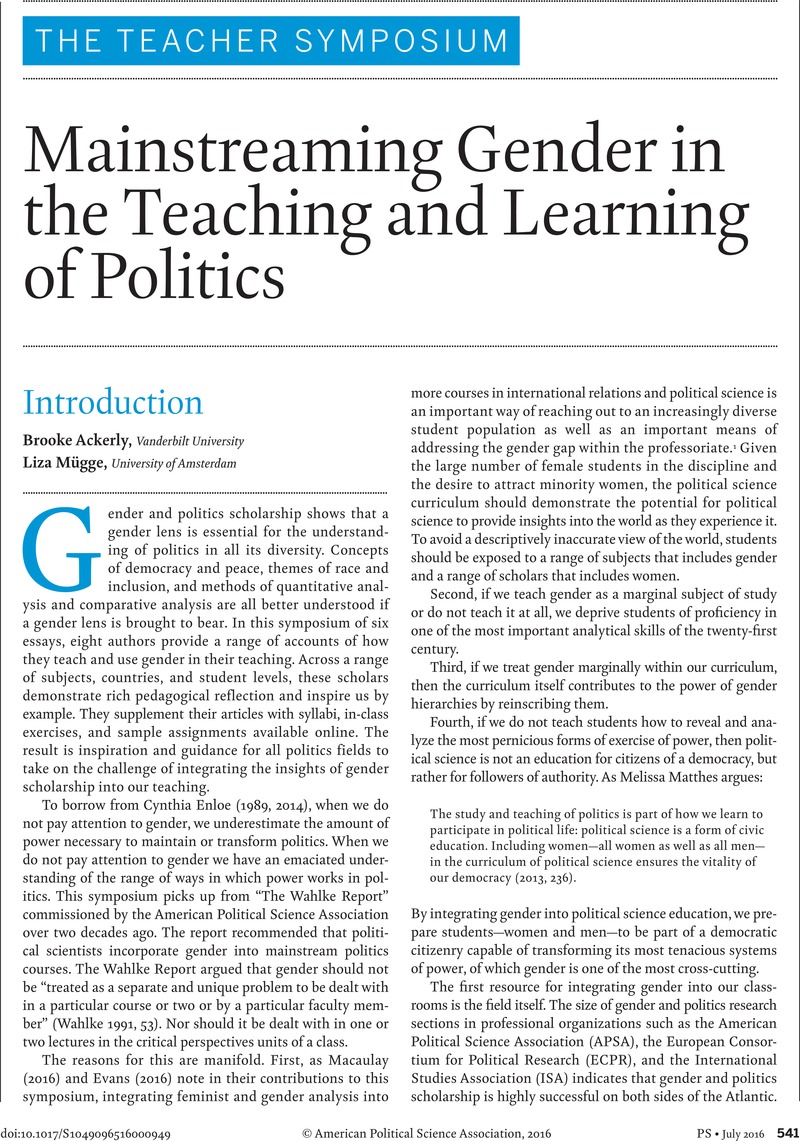Crossref Citations
This article has been cited by the following publications. This list is generated based on data provided by Crossref.
Payne, Rodger A
2020.
Grappling with Dr. Strangelove’s “Wargasm” Fantasy.
International Studies Review,
Vol. 22,
Issue. 3,
p.
464.



